Muslim women writers who are changing the narrative one book at a time
Words have the power to dismantle stereotypes and complicate established narratives that have gone unquestioned for far too long.
As Muslim women, we're in constant battles against preconceived notions about our lives and identities, whether it's within our own communities, or in the world at large.
It's a tough battle because often times these stereotypes have been established by people who want to control us or our communities, and their narratives tend to go unchecked because of the power they wield with words.
Many Muslim women are fighting back with words by contributing stories that offer a more honest or more complex perspective.
When you read books by these recently published Muslim women, you'll get the sense that you're reading something that's widening your grasp of the times we're living in.
This is not a comprehensive list, but it's definitely a good place to start on this International Women's Day:
1. Dina Nayeri, author of The Ungrateful Refugee
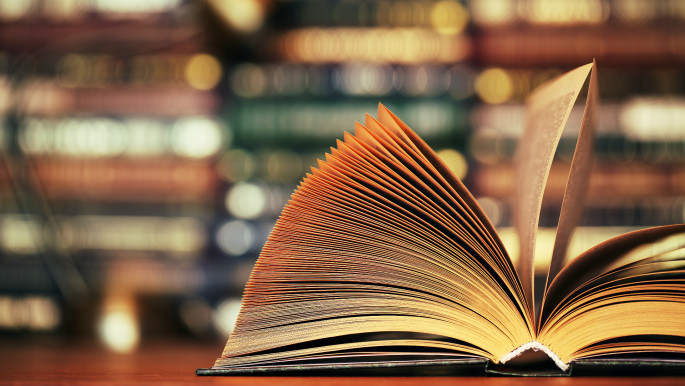 |
|
| Read also: The best books by Arab authors in 2019 |
Dina Nayeri is an Iranian American writer whose most recent book is The Ungrateful Refugee. In this memoir, Nayeri talks about the experience of leaving Iran to journey as an asylum-seeker, eventually finding a place in America.
That place, however, proved to be its own challenge as Nayeri, like the majority of immigrants and refugees, had to contend with social ills like racism and xenophobia.
Nayeri's memoir lays bare the pain and trauma of being a refugee, of trying to carve an identity that makes you feel like you belong.
2. Fatima Farheen Mirza, author of A Place for Us
An American writer of South Asian descent, Fatima Farheen Mirza proved to be a bold new voice with her debut A Place for Us, that was published in 2018.
Mirza's novel looks at the personal discordances within an Indian-Muslim family settled in America, where the parents and children are straddling the borders between tradition and modernity, past and future.
It's an emotional debut that represents the fraught existence of Muslims in America, post 9/11.
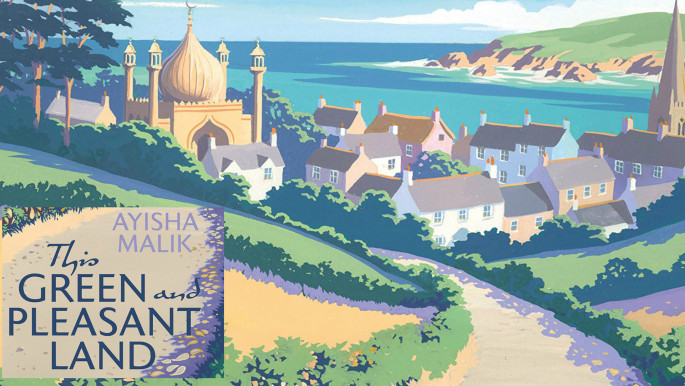 |
|
| Read the review here: This Green and Pleasant Land: Exploring racism, prejudice and the nature of assimilation |
3. Ayisha Malik, author of This Green and Pleasant Land
Ayisha Malik is British-Muslim author of Pakistani heritage, who is writing the kind of fiction young Muslims, especially in the West, have been waiting for.
Her first two novels, Sofia Khan is Not Obliged and The Other Half or Happiness, are a duology set that look at the foibles and triumphs of Sofia Khan, a Muslim woman in contemporary Britain, who is trying the halal dating route to marriage.
Sofia's struggles in society and at home are relatable for many Muslim women, and most certainly offers a new look at what our lives are really like.
Her most recent book, This Green and Pleasant Land, explores what happens when a British-Pakistani man decides to build a mosque in the small English village where he resides. A book that would be utterly hilarious if it weren't for the insidious nature of racism present in the community. A unique voice with a promising future.
4. Rajia Hassib, author of A Pure Heart
Rajia Hassib's latest novel, A Pure Heart, is a dynamic story of two Muslim sisters in Cairo who choose very different paths in life.
One of the most beautiful aspects of this novel was the diverging ways in which the sisters, and some of the other characters, experience and express their faith as Muslims.
Rose, one of the sisters and the primary protagonist in the story, is an Egyptologist whose husband converts to Islam in order to be able to marry her. The conversation around their marriage is an important one that we don't always see handled sensitively in fiction – if at all.
5. Jasmine Warga, author of Other Words for Home
Jasmine Warga is the author of several YA novels, but her latest is a narrative in verse with a young Muslim protagonist who is a refugee in unfamiliar terrain.
In Other Words for Home, Jude and her mother flee the turbulence of Syria and arrive in America where her uncle lives with his family.
America becomes the setting where Jude has to find her place, as a refugee whose cultural experience is bifurcating and as a young Muslim who proudly wears the hijab. A must read for young and mature readers alike.
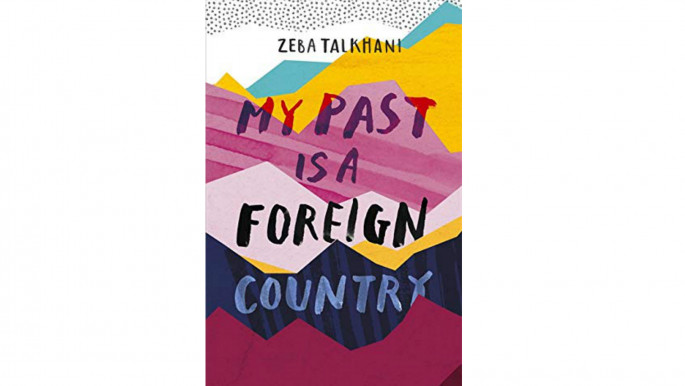 |
|
| Read the review here: My Past Is a Foreign Country: A Muslim feminist finds herself |
6. Zeba Talkhani, author of My Past Is A Foreign Country
Zeba Talkhani's memoir My Past Is A Foreign Country is a compelling read in which she writes about the experience of growing up in an Indian Muslim household in Saudi Arabia.
The memoir explores her frequent family trips to India that complicated her own understanding of marriage, motherhood and beauty, and her eventual growth when she becomes a student at an Indian university, a decision that opens doors to independence.
Talkhani writes with lucidity and charts the journey of stepping away from rigid patriarchy and carving a life for herself that nurtures her existence as a Muslim feminist.
7. Mariam Khan, editor of It's Not About The Burqa
Mariam Khan's first work as an editor, It's Not About The Burqa, is one of the most important books to have been recently published.
It's a collection of essays written by Muslim women in the west who are coming from a range of professions, backgrounds and cultural heritage.
Read also: 'It was about starting a dialogue': A year on since It's Not About The Burqa
The essays offer a critical look at a range of topics, from feminism, faith and media representation to marriage, hijab and sexuality and are centred on issues that are important to Muslim women, but never really reach mainstream conversations.
Khan's approach to the collection was to give a platform to Muslim women's voices where they could talk freely about the topics that are important to them, while asserting that there's more to being a Muslim woman than the stereotypical burqa.
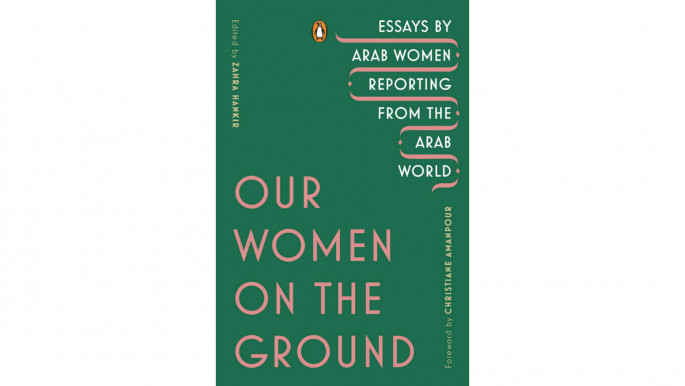 |
|
| Read the review here: Our Women on the Ground: At last, recognising the heroism of Arab female journalists |
8. Zahra Hankir, editor of Our Women On The Ground
Zahra Hankir has created an essential book in which women – many of whom are from Muslim and/or bicultural backgrounds – write about the reality of being a female reporter in the Middle East, a region that is dominated by men and male perspectives, particularly in media and journalism.
The powerful essays in Our Women On The Ground offer insight from women on crucial topics including the reality and trauma of living in a war zone, the grief and loss that reporters have to detail with and the misogyny and harassment faced by women in male dominated careers and spaces.
9. Hala Alyan, author of Salt Houses
Hala Alyan is a Palestinian-American author whose novel, Salt Houses, depicts several generations of displacement experienced by a Palestinian family across continents.
Alyan's novel depicts an important shift in war stories that looks at the lives affection – in this case several members and generations of the same family – by more wars than one.
It offers an unforgettable and heartbreaking look at the reality of displacement in our turbulent times.
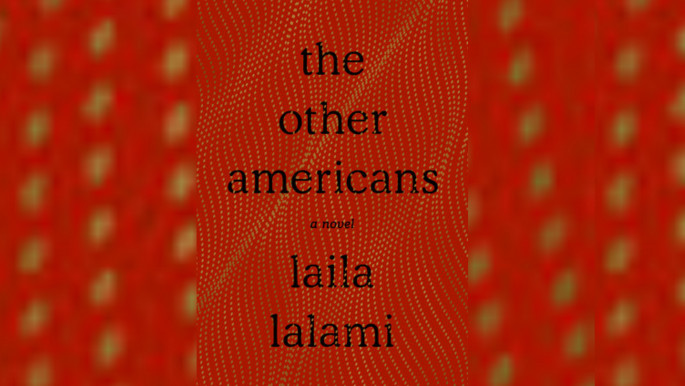 |
|
| Read the review here: The Other Americans: The conflict of love and identity in post-9/11 America |
10. Laila Lalami, author of The Other Americans
A book that I find myself frequently recommending to readers is The Moor's Account by Laila Lalami, a Moroccan-born American.
In this novel, the brilliant author presents the imaginary memoir of Mustafa Al Zamori, the first black explorer of America, who was also a Muslim.
Lalami's novel is about finding strength and resilience in faith and storytelling. The novel powerfully dismantles the dominant narratives from the real exploration that silenced the original Mustafa Al Zamori, a slave whose account was not even recorded.
Lalami's latest book, The Other Americans, explores the racism and prejudice in America that affects minorities including immigrants and refugees.
11. G. Willow Wilson, author of Alif the Unseen
G. Willow Wilson's most popular book might be Alif The Unseen, but her more recent contributions are just as powerful.
The Bird King is an adventurous read about Fatima, a concubine to the last ruler of Granada, and Hassan, a young man of faith who has the ability to draw maps that can bend the shape of reality.
Wilson's version of Ms. Marvel is named Kamala Khan, a Pakistani-American superhero who has become a symbol of representation in the world of comics.
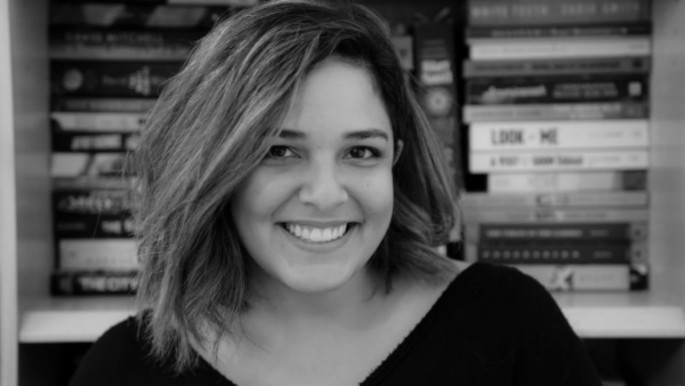 |
|
| Read the review here: Battling Kuwait's outdated gender roles in Layla AlAmmar's debut novel |
12. Layla AlAmmar, author of The Pact We Made
Layla AlAmmar's debut novel, The Pact We Made, is one of the most important recently published books set in the Middle East.
Dahlia is a Kuwaiti woman who is almost 30; living in patriarchal Kuwait means that, although she's a working individual, she has to live with her parents and face the societal expectation to marry.
In this novel, AlAmmar presents a picture of a contemporary city in the Gulf that is teetering the line between traditions and modernity.
Dahlia's complicated relationship with her past, her artwork and her own individuality makes this a compelling read.
13. S. K. Ali, author of Love From A to Z
S. K. Ali is the author of several YA novels, but her recent book, Love From A to Z, is an entertaining and thoughtful story that shows what it's like to be a Muslim teenager who has to deal with serious issues, including islamophobia and chronic illness.
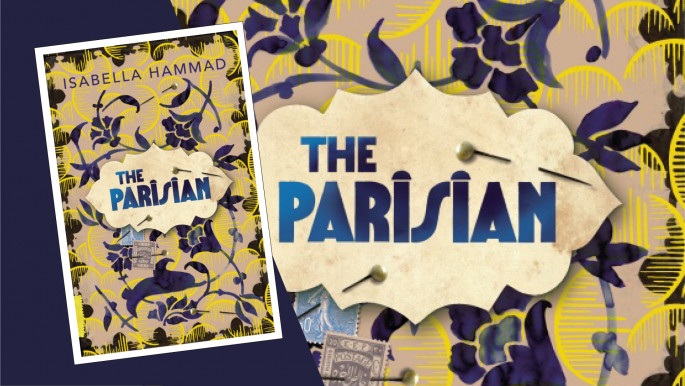 |
|
| Read the review here: The Parisian: The First World War through the eyes of a Palestinian |
14. Isabella Hammad, author of The Parisian
Isabella Hammad's debut, The Parisian, is a powerful, winding historical fiction set in the 20th century, covering the world wars from the perspective of a young Palestinian man.
The protagonist of the novel, Midhat, is a character who is psychologically displaced and torn between identities due to the impressionable years spent in France.
Hammad's novel is incredibly well-researched, and the information flows freely along with the Midhat's story.
This is a vital read on colonialism, religion, prejudice and trauma of the past that haunts the present.
Sumaiyya Naseem is a bicultural book blogger known for her Instagram @sumaiyya.books where she posts daily updates about her bookish journey and her glorious cat Gatsby.
She's a co-host on Reading Women, a podcast that features books by and about women and a freelance writer and editor who specialises in Middle Eastern, South Asian and Muslim stories.
She has formerly worked as a writer and editor for Destination KSA, a lifestyle magazine based in her hometown Jeddah. She’s a graduate of Effat University and currently pursuing a masters in a English Literature. She lives with her cat.
Click on the Special Contents tab below to follow our special coverage for International Women's Day 2020:

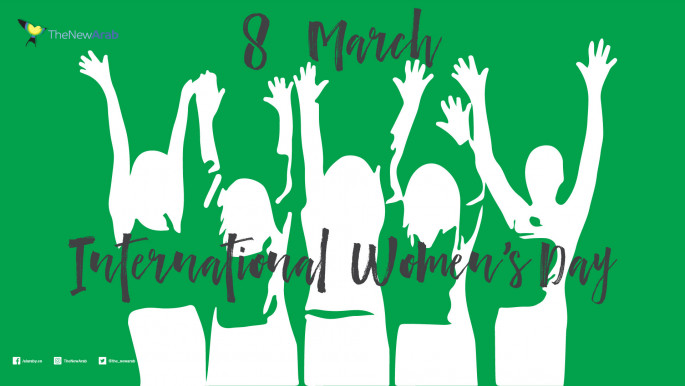




 Follow the Middle East's top stories in English at The New Arab on Google News
Follow the Middle East's top stories in English at The New Arab on Google News


